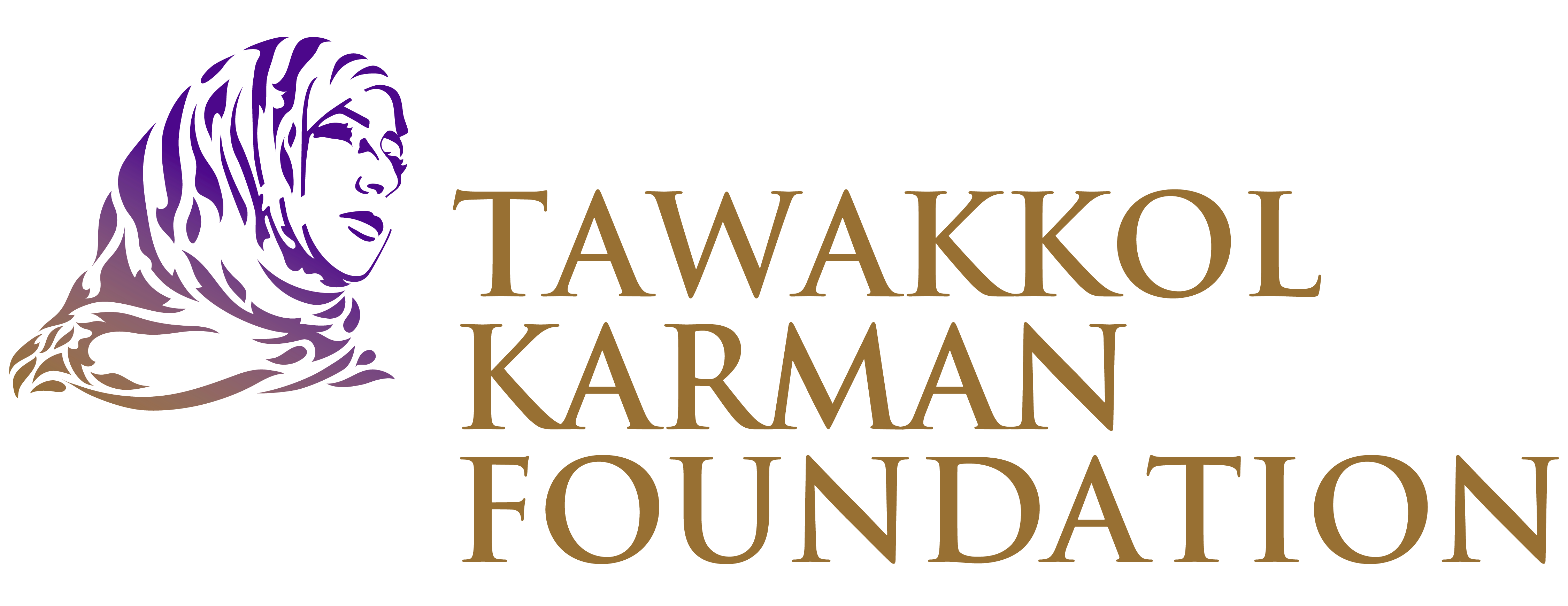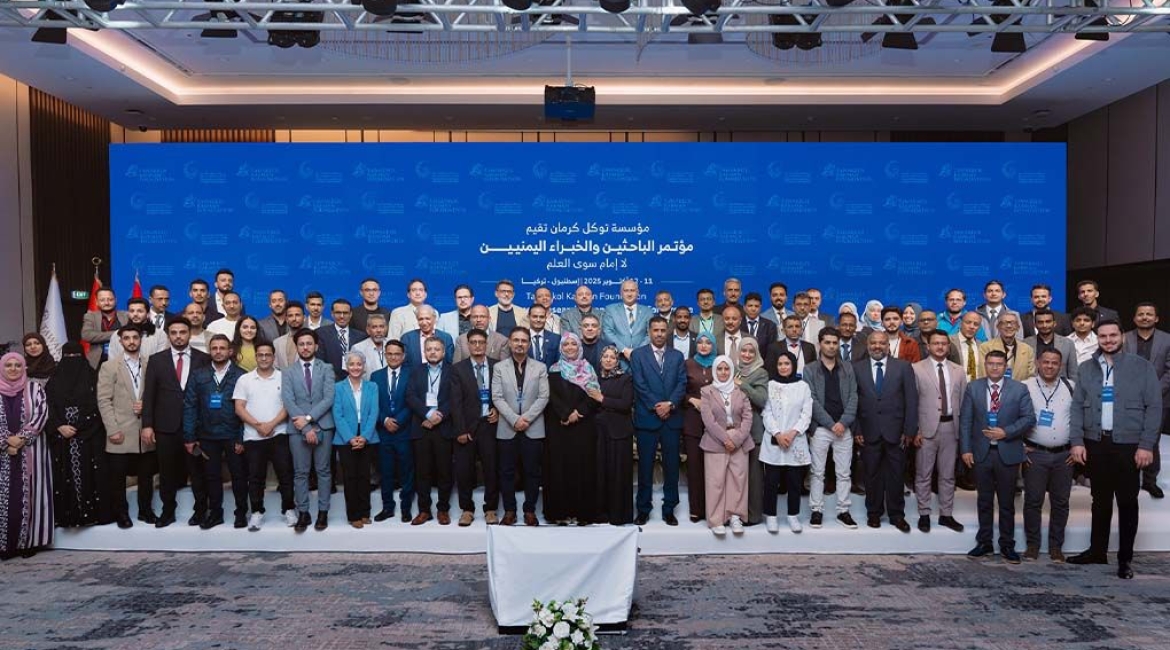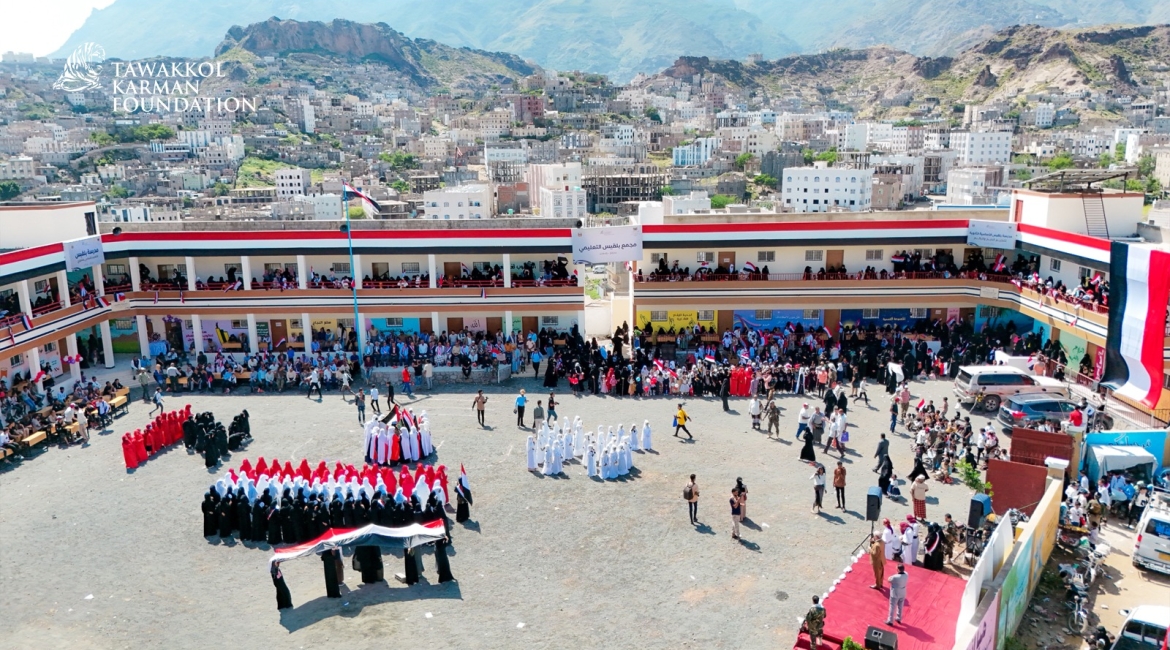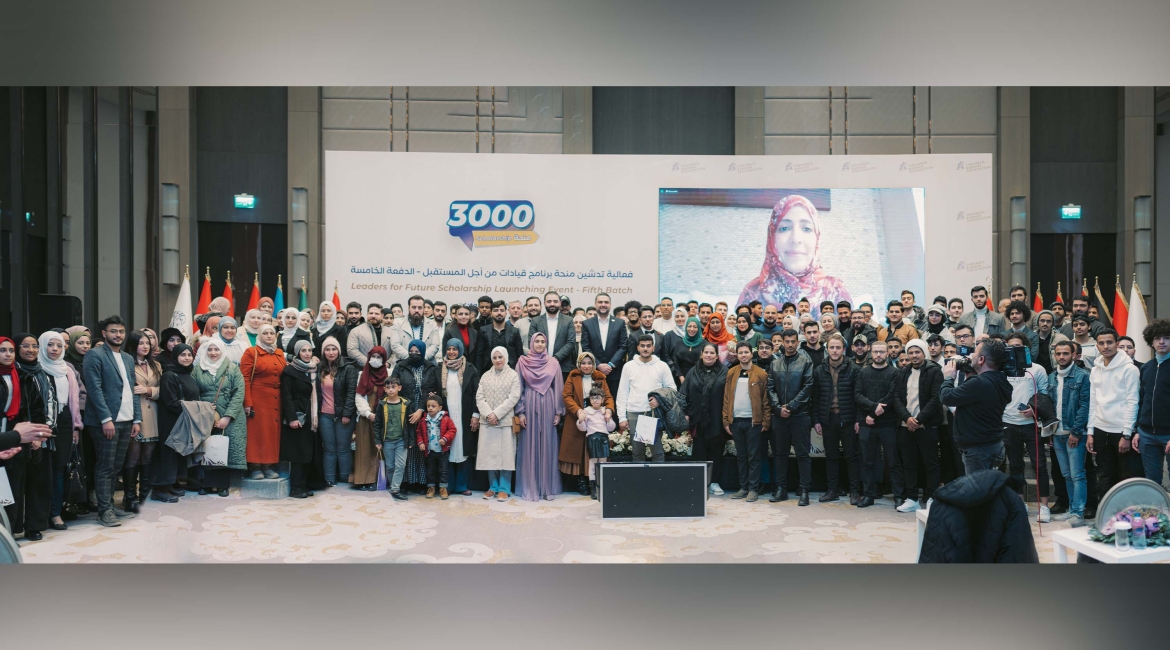Istanbul — Tawakkol Karman Foundation concluded today, Sunday, in the city of Istanbul, the first Yemeni Researchers and Experts Conference, which was held over two days (October 11–12, 2025) under the slogan “There's no Leader but Knowledge.”
The conference brought together a distinguished group of Yemeni academics and experts from within Yemen and more than 15 countries around the world, with over 200 participants in attendance.
Throughout its sessions, the conference featured over 40 research papers addressing key development issues in various fields, including education, health, economy, energy, food, national identity, politics, and governance.
The scientific committees discussed the papers with academic rigor and methodological depth, producing a set of insights and practical recommendations aimed at shaping realistic solutions to Yemen’s crises.
Organizers announced that all research papers and scientific contributions will later be published in a comprehensive academic volume documenting the conference’s proceedings, to serve as a scientific reference for researchers and policymakers.
In its final statement, the conference noted that “politics and war have dominated Yemen’s scene for an entire decade, while issues of education, development, and health have been marginalized.” It emphasized that “national affairs are too vital to be left solely to politicians,” affirming that knowledge and reason are the true path toward national salvation.
The statement also called for restoring the role of the scientific and intellectual elite in national decision-making, stressing that involving them in public dialogue is a national necessity to find solutions beyond the limits of politics.
The conference concluded with a series of key recommendations, including:
Education: Develop a comprehensive national vision for reforming higher education and scientific research, aligning academic disciplines with future development needs, depoliticizing education, and supporting university professors as the “guardians of the future.”
Health: Expand healthcare services to rural areas, implement a universal health insurance system, adopt a national mental health strategy, and employ artificial intelligence to enhance medical services.
Politics: Uphold the national principles of the republican system, unity, democracy, and freedom of thought and expression; call for a new social contract based on citizenship, justice, national reconciliation, and the rejection of hatred and exclusion.
Economy: Unify economic institutions, establish a transparent national reconstruction fund, diversify income sources through agriculture, fisheries, and rare minerals, and strengthen the role of the private sector.
Energy and Food: Adopt a national energy policy focusing on renewable energy projects and meeting citizens’ needs, enhance food security, and promote hydroponic farming and Yemeni honey as part of rural development.
National Identity: Launch a national project for a unified identity rooted in education, media, and culture as soft power tools to foster belonging, unity, and resistance to extremism.
The final statement affirmed that Yemen possesses the intellect, capacity, and talent needed for revival and progress, calling on friendly and brotherly nations to build partnerships—not dependencies—and to cooperate in sustainable development projects as the true path to restoring the state.
The conference extended its appreciation to all participating researchers and experts, as well as the scientific committee overseeing the sessions. It also expressed deep gratitude to Tawakkol Karman Foundation for its significant efforts in organizing this national academic event, describing it as a “platform of thought, knowledge, and hope for Yemen.”
The statement concluded by reaffirming the participants’ commitment to continue expanding research and public dialogue on Yemen’s challenges, in line with the conference’s guiding principle:
“There's no Leader but Knowledge — knowledge in all its truths, imagination, and vastness.”




